KS3 planning (general)
There are many different issues, both practical and pedagogical, subject specific, school-wide and national that must be considered in any teachers’ planning. In this section you will find research, articles, guides and resources that will support you to develop your planning as it relates to teaching history and helping pupils to make progress.
Sort by:
Date (Newest first) | Title A-Z
Show:
All |
Articles |
Podcasts |
Multipage Articles
-
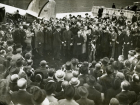
New approaches to teaching the History of Appeasement in the classroom
Multipage ArticleClick to view -
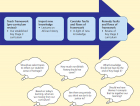
No more ‘doing’ diversity
ArticleClick to view -

Nutshell 129: Arguing the case for keeping history at Key Stage 3
ArticleClick to view -
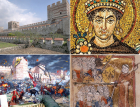
Planning a more diverse and coherent Year 7 curriculum
ArticleClick to view -
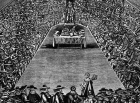
Planning increasingly complex causal models at Key Stage 3
ArticleClick to view -

Polychronicon 142: 'instructive reversals' - (re)interpreting the 1857 events in Northern India
ArticleClick to view -
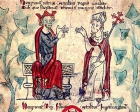
Polychronicon 170: The Becket Dispute
ArticleClick to view -

Professional wrestling in the history department: a case study in planning the teaching of the British Empire at Key Stage 3
ArticleClick to view -

Pupil-led historical enquiry: what might this actually be?
ArticleClick to view -

Putting Catlin in his place?
ArticleClick to view -

Raising the bar: developing meaningful historical consciousness at Key Stage 3
ArticleClick to view -

Remembering Agincourt: Bilingual Enquiry
Multipage ArticleClick to view -

Seeing the historical world
ArticleClick to view -

Taking control of assessment
ArticleClick to view -
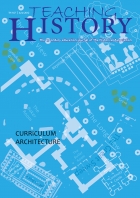
Teaching History 147: Curriculum Architecture
ArticleClick to view -
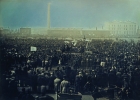
Teaching Year 8 pupils to take seriously the ideas of ordinary people from the past
ArticleClick to view -

Teaching Year 9 to take on the challenge of structure in narrative
ArticleClick to view -

Teaching pupils how history works
ArticleClick to view -
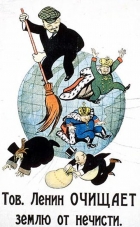
Telling tales: Developing students' own thematic and synoptic understandings at Key Stage 3
ArticleClick to view -

Tim Lomas: Effective Practice in Key Stage 3
ArticleClick to view

